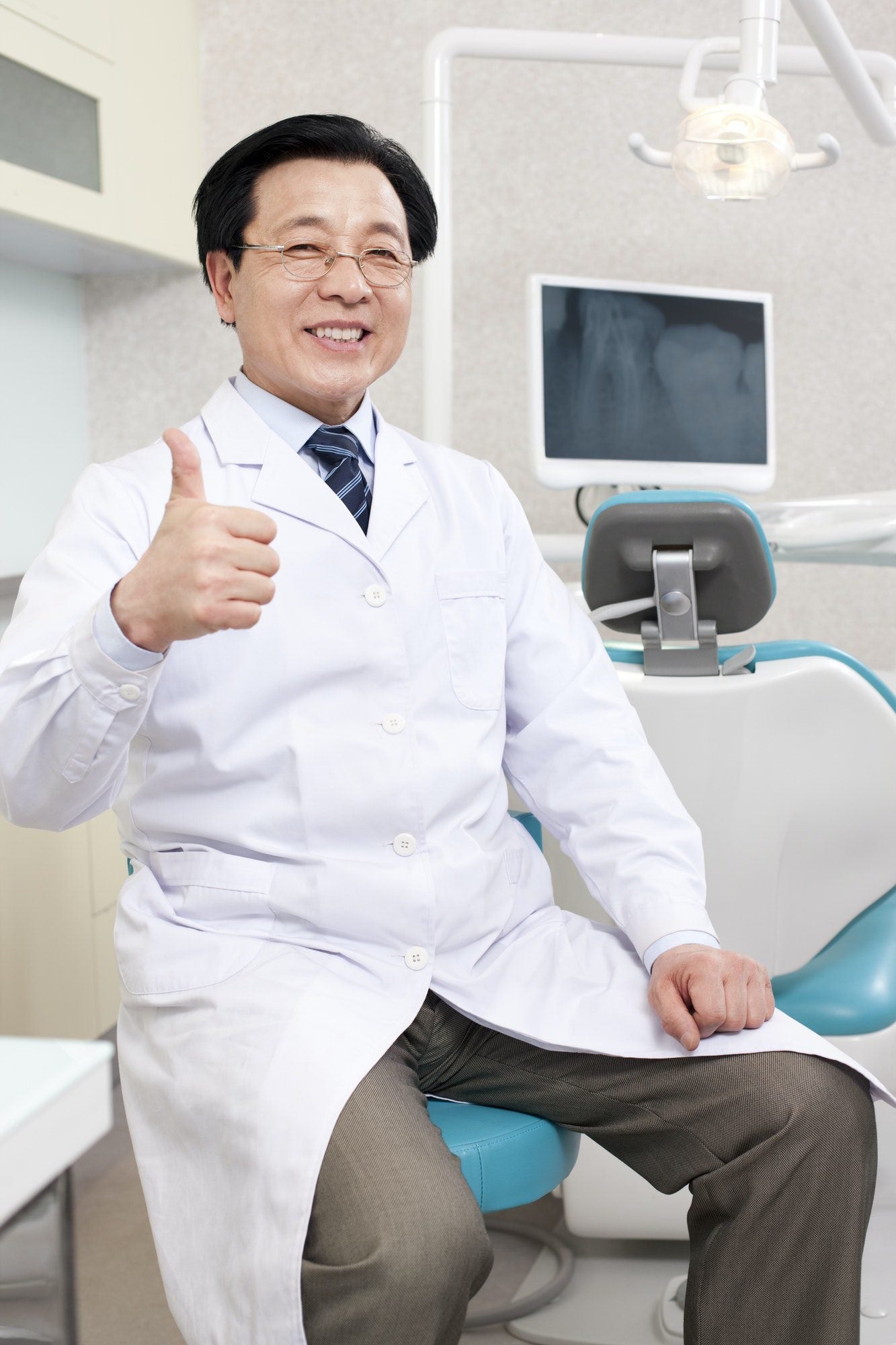Emergency Situation Dental Solutions Offer Immediate Relief and Treatment for Urgent Situations
In times of dental distress, accessibility to emergency oral services comes to be important, using immediate alleviation and treatment for important situations such as serious toothaches, avulsed teeth, and soft tissue injuries. With a variety of therapy choices consisting of root canals, dental bonding, and infection monitoring, emergency oral treatment plays an important duty in restoring function and making certain optimal healing.
Kinds of Dental Emergency Situations
Kinds Of Dental Emergencies
Understanding the numerous kinds of dental emergency situations is critical for both individuals and health care companies. Dental emergency situations include a variety of concerns, each needing specific focus to stop further difficulties. Typical emergencies consist of serious toothaches, which might suggest underlying problems such as infections or abscesses. Swift medical diagnosis and therapy are vital to relieve pain and avoid the infection from dispersing.
Another common emergency is a knocked-out tooth, often arising from injury. Immediate action, such as maintaining the tooth in milk or saline and looking for punctual dental treatment, can dramatically improve the opportunities of effective reimplantation. Broke or fractured teeth demand urgent assessment to figure out the level of damages and ideal corrective measures - dentist springfield oregon.
Additionally, soft tissue injuries within the mouth, such as leaks or lacerations, demand instant medical interest to regulate bleeding and decrease the threat of infection. Broken dental restorations, including crowns or fillings, also make up emergencies, as they can lead and expose sensitive tissues to further deterioration.
Prompt recognition and treatment in these circumstances are extremely important. Recognizing these sorts of oral emergency situations allows doctor to provide enhanced care and equips patients with the expertise to look for prompt assistance.
Immediate Pain Alleviation Options
When confronted with an oral emergency, immediate discomfort alleviation choices can be important in managing pain and maintaining the condition before specialist treatment is offered. Over-the-counter anesthetics, such as advil or acetaminophen, are typically recommended to alleviate discomfort and decrease inflammation. It is essential to comply with the labeled dose directions to avoid possible side impacts. Additionally, using a cold compress to the damaged area can aid numb the pain and reduce swelling. This approach is particularly reliable for injuries such as a serious toothache or a knocked-out tooth.
Washing the mouth with cozy salt water can additionally provide momentary relief by minimizing microorganisms and relaxing aggravated gums. This easy remedy can be made by mixing one teaspoon of salt with a mug of cozy water. In cases where a tooth is broken or fractured, oral wax or sugarless gum can be utilized to cover sharp sides and shield the surrounding tissue from additional injury.
While these actions can offer momentary alleviation, it is important to look for specialist oral care quickly to attend to the hidden concern. dentists springfield oregon. Overlooking an oral emergency situation can lead to much more serious issues, making prompt treatment crucial
Therapy Treatments Readily Available
Various treatment procedures are available for dealing with dental emergencies, each tailored to the specific nature and severity of the issue. As an examples of acute tooth pain, origin canal treatment might be required to eliminate infected pulp and preserve the tooth. In scenarios entailing a fractured or busted tooth, oral bonding or crowns can be used to restore the tooth's structure and feature. Avulsed (knocked-out) teeth need timely reimplantation and may entail splinting the tooth to surrounding teeth to support it during the recovery procedure.

For patients experiencing extreme dental injury, such as jaw fractures, thorough treatment strategies typically involve partnership with oral specialists to address both long-term and instant requirements. Emergency oral solutions are furnished with the necessary tools and knowledge to give swift, effective treatments, thereby easing pain and avoiding more problems.
## When to Look For Emergency Care

Another vital circumstance consists of trauma to the mouth, such as cracked, fractured, or knocked-out teeth. Timeliness is crucial in these instances, as quick action can commonly conserve the tooth and minimize long-term damage. Furthermore, swelling of the gum tissues, face, or neck, specifically when accompanied by fever or difficulty swallowing, requires emergency treatment because of the threat of dispersing infection.
Unchecked blood loss from the mouth, whether as a result of an injury or following a dental procedure, is another sign that immediate expert intervention is needed. Finally, shed dental repairs, such as dental fillings or crowns, can reveal delicate locations of the tooth, causing discomfort and additional decay if not promptly dealt with.
Immediately acknowledging these indications and seeking emergency situation oral treatment can considerably impact the outcome, making certain both prompt relief and the preservation of dental health and wellness.